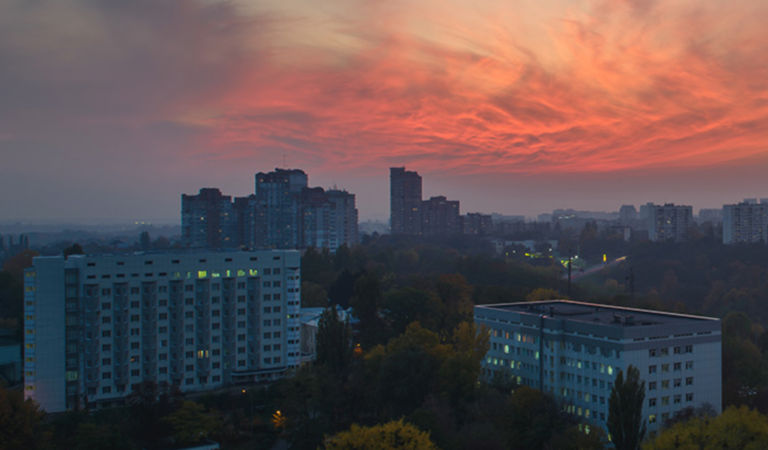All figures are for the Wellington Management Group of companies as at 30 September 2021.
Past performance is no guarantee of future performance and can be misleading. Funds returns are shown net of fees.
Source: Wellington Management
© 2022 Morningstar, Inc. All Rights Reserved. The information contained herein: (1) is proprietary to Morningstar; (2) may not be copied or distributed; and (3) is not warranted to be accurate, complete or timely. Neither Morningstar nor its content providers are responsible for any damages or losses arising from any use of this information. The Overall Morningstar Rating for a fund is derived from a weighted average of the three, five, and ten year (if applicable) ratings, based on risk-adjusted return. Past performance is no guarantee of future results.
Investment in the funds described on this website carries a substantial degree of risk and places an investor’s capital at risk. The price and value of investments is not guaranteed and can go down as well as up. An investor may not get back the original amount invested and an investor may lose all of their investment. Investment in the funds described on this website is not suitable for all investors. If an investor is in any doubt as to the suitability of an investment in a fund, an investor should consult an independent financial advisor. The information on this website does not constitute, and should not be construed as, investment advice or a recommendation to buy, sell or otherwise transact in any security including, but not limited to, shares in the funds. An investor should only invest in a fund once that investor has carefully read and understood the offering documents for the relevant fund, which are the relevant prospectus, and Key Investor Information which contain further information on the risks and features of the fund, and the latest financial reports and any other offering documents for the fund which are available on this Website. Unless stated otherwise data is as at previous month end.



